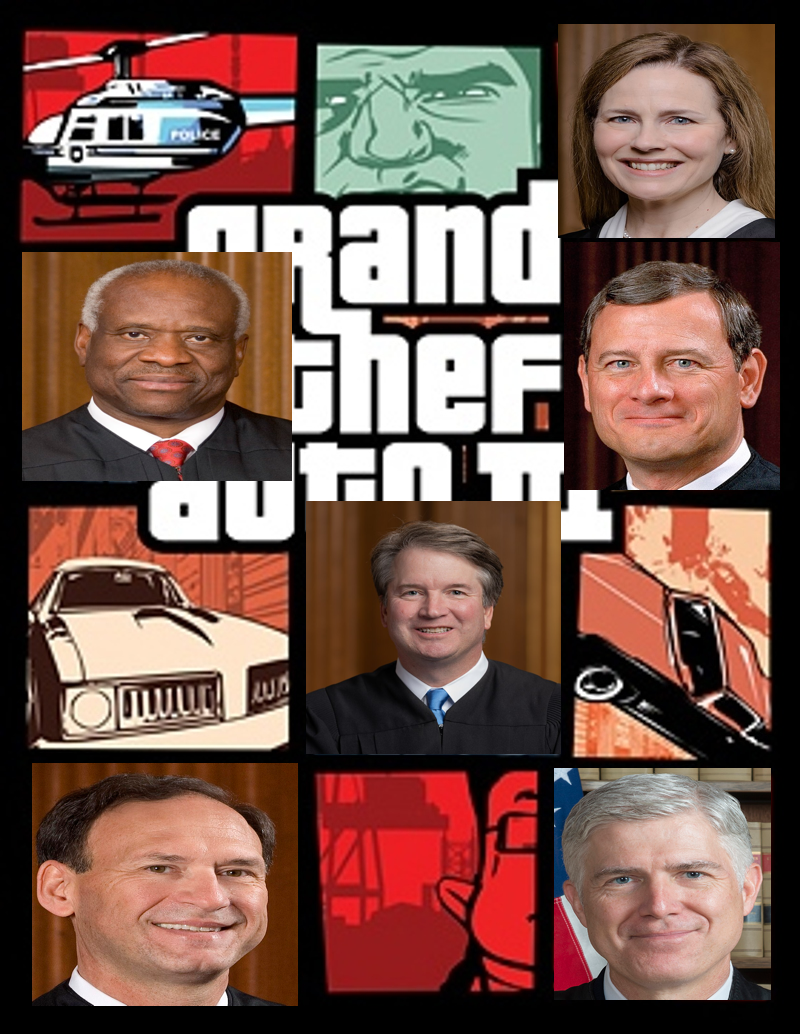Civil asset forfeiture, often termed as the legal seizure of personal property by law enforcement, remains a contentious issue in the United States. When individuals face police stops or arrests, authorities possess the authority to confiscate their possessions, including phones, firearms, and vehicles, all under the pretext of being “incident to the arrest.” This controversial practice frequently ensnares individuals in protracted legal battles to reclaim their property, with legal costs often exceeding the value of the seized items.
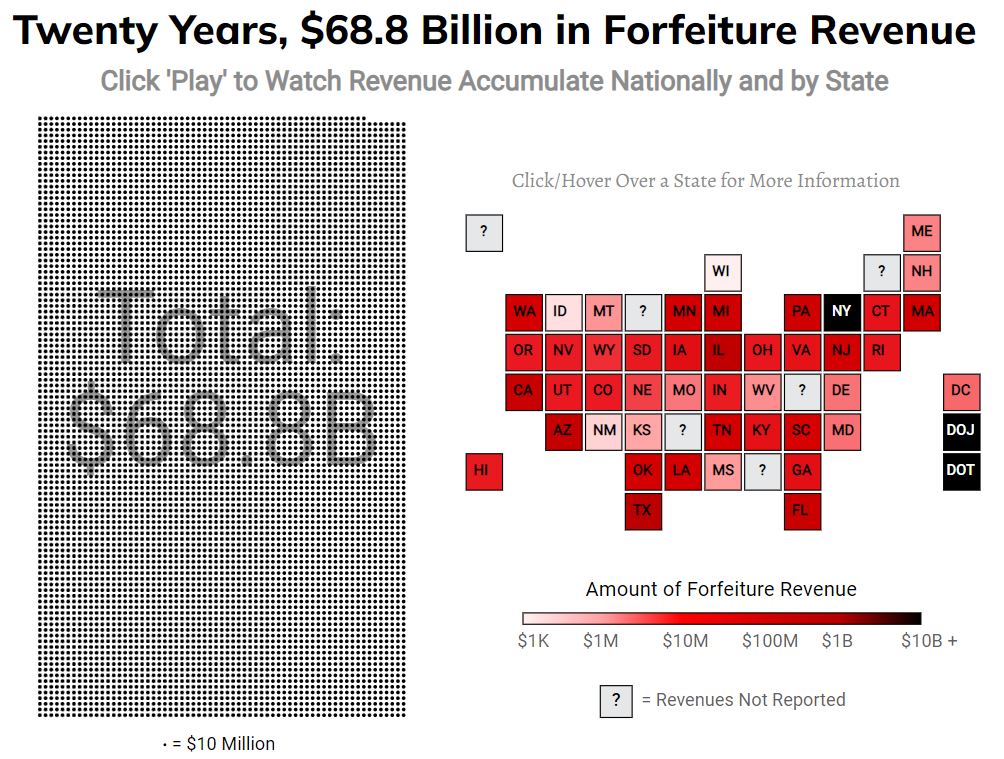
Over the years, civil forfeiture has morphed into a profitable industry for law enforcement agencies, yielding over $68 billion in revenue for federal, state, and local governments between 2000 and 2019, as reported by the Institute for Justice. Despite widespread condemnation and calls for reform, the practice persists unabated, raising serious concerns about due process violations and governmental overreach.
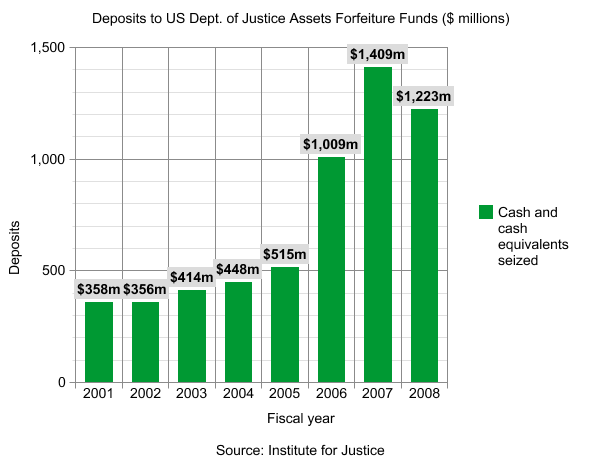
Many contend that civil forfeiture violates the core principles of due process enshrined in the Fifth and Fourteenth Amendments of the U.S. Constitution. However, in a recent Supreme Court decision, Culley v. Marshall, the constitutionality of civil forfeiture was affirmed, albeit with certain caveats.
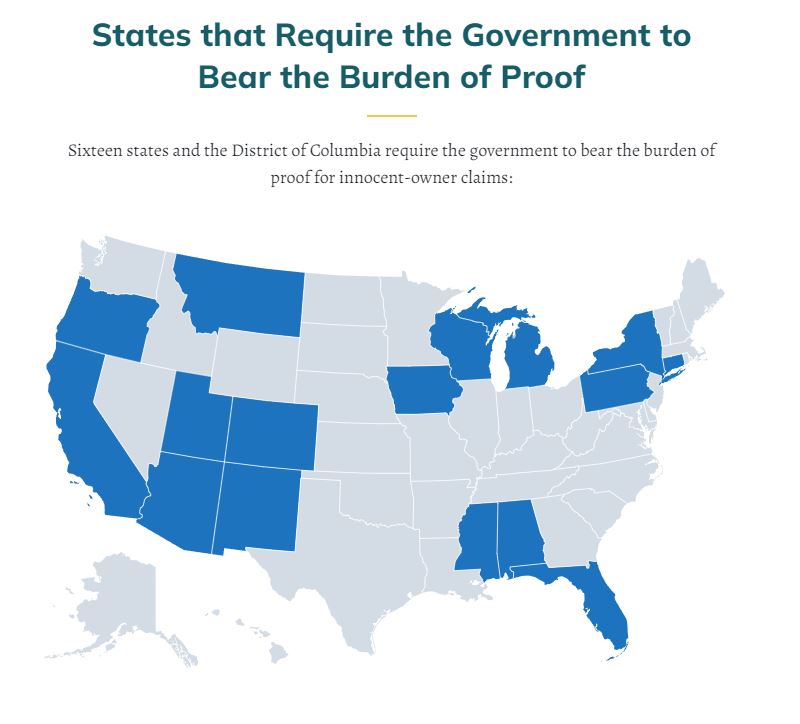
In a 6-3 verdict, the conservative majority of the court asserted that a preliminary hearing in civil forfeiture cases is dispensable. This ruling effectively grants law enforcement the leeway to seize property sans a warrant, conviction, or formal charges, thereby placing the onus on individuals to reclaim their possessions.
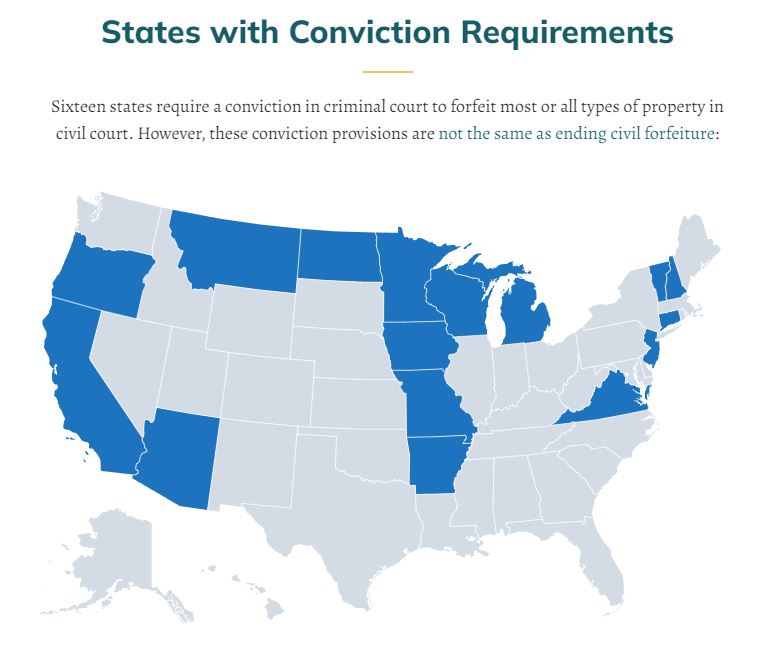
The case in question involved two instances of civil forfeiture in Alabama, where individuals had their vehicles confiscated by police despite their non-involvement in any criminal activities. The plaintiffs, Culley and Sutton, sought to challenge the legality of these seizures and compel law enforcement to justify their actions through a preliminary hearing.
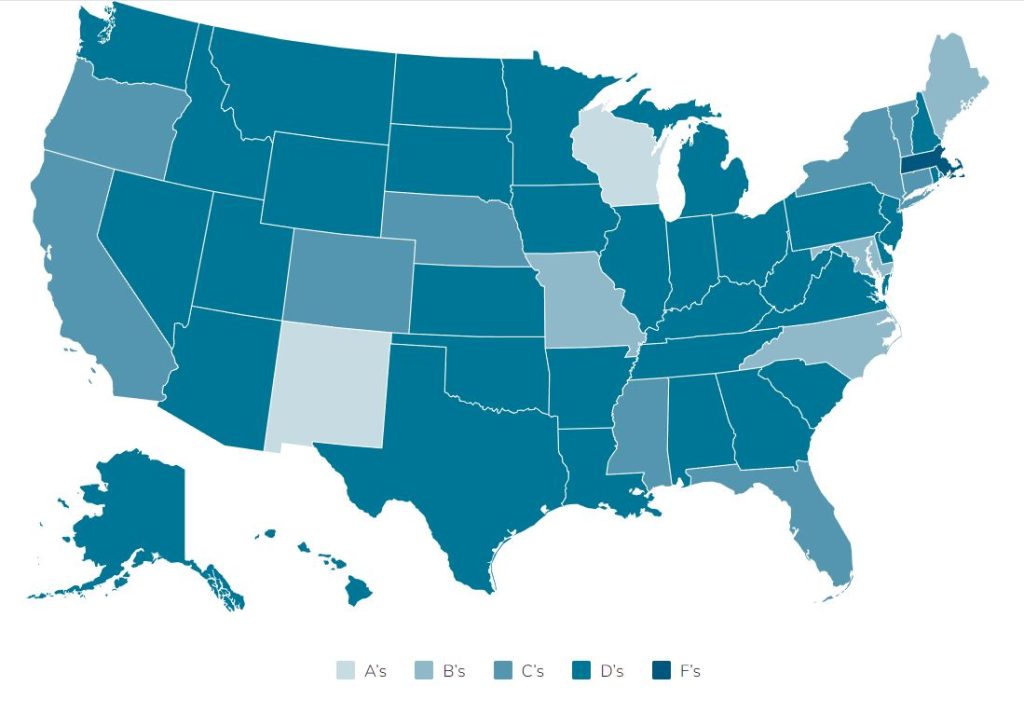
Justice Brett Kavanaugh, speaking for the majority, framed the issue as a matter of timing rather than fundamental rights. He contended that the state already offers a “timely” hearing process, dismissing the plaintiffs’ concerns as merely a request for expedited resolution.
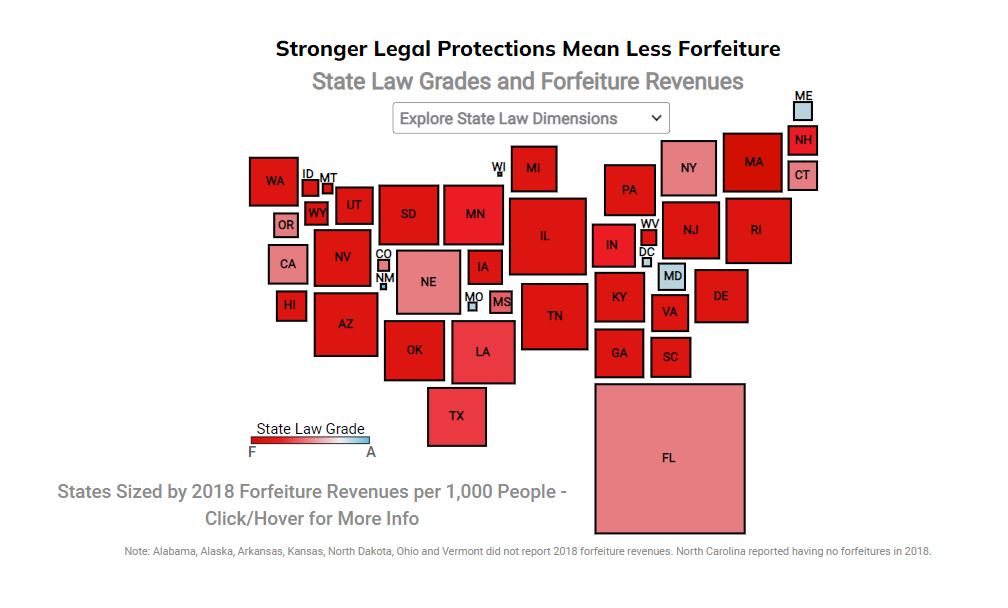
Critics of the decision argue that it undermines the rights of property owners and enables law enforcement to engage in what effectively amounts to legalized theft.
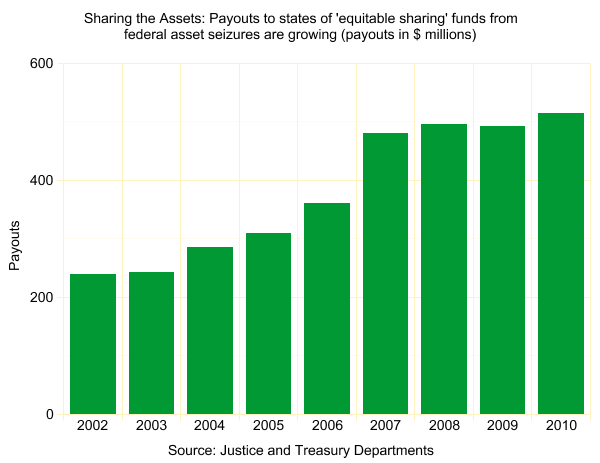
By sanctioning the government’s ability to seize property without adequate due process safeguards, the court’s ruling sets a perilous precedent for civil liberties.
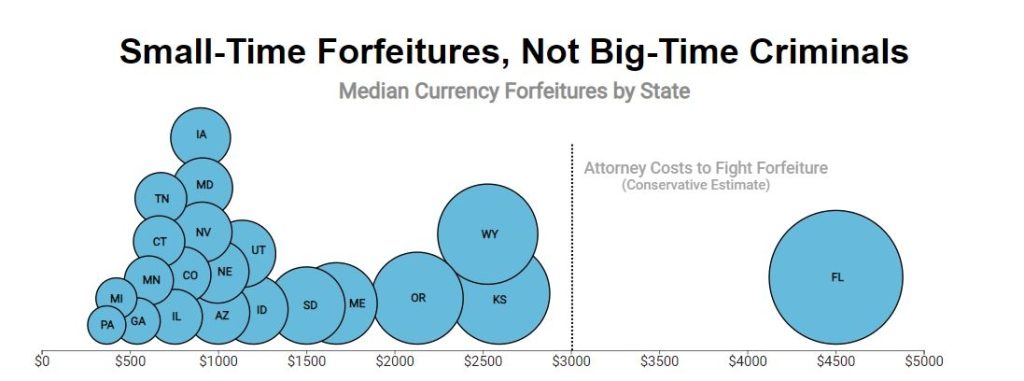
Ultimately, the debate surrounding civil asset forfeiture continues to raise pertinent questions about the delicate balance between law enforcement powers and individual rights.
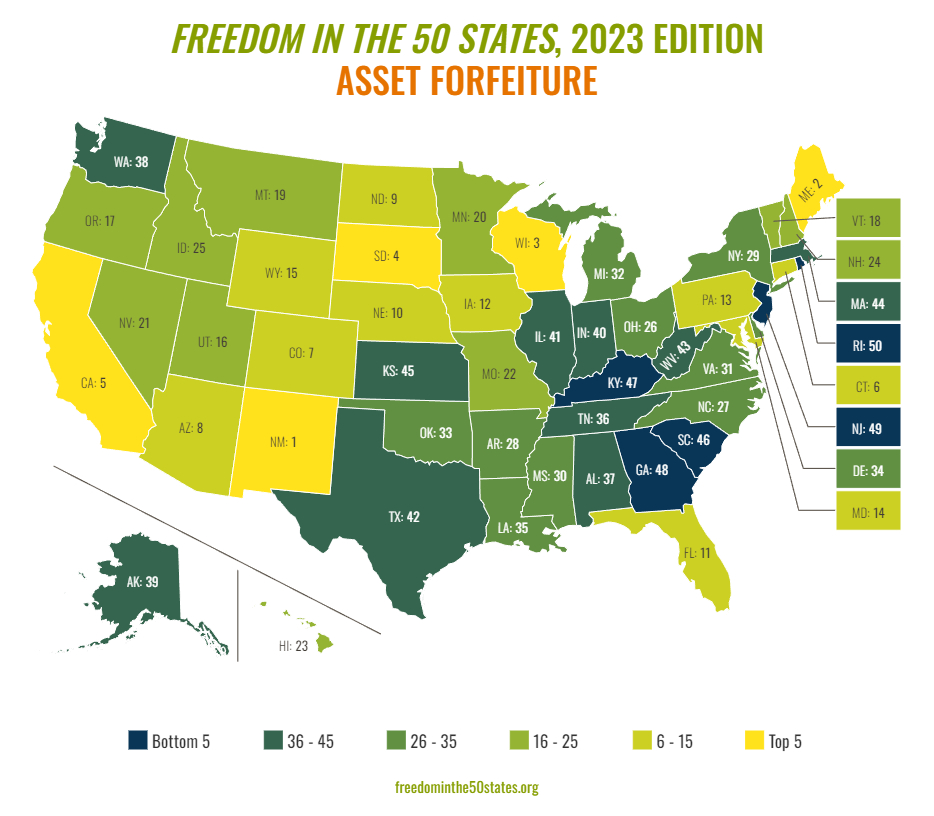
As exemplified by cases such as Culley v. Marshall, the quest for justice and accountability in civil forfeiture remains an ongoing struggle within American jurisprudence.

